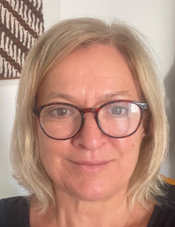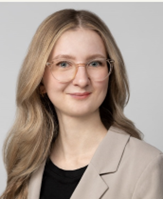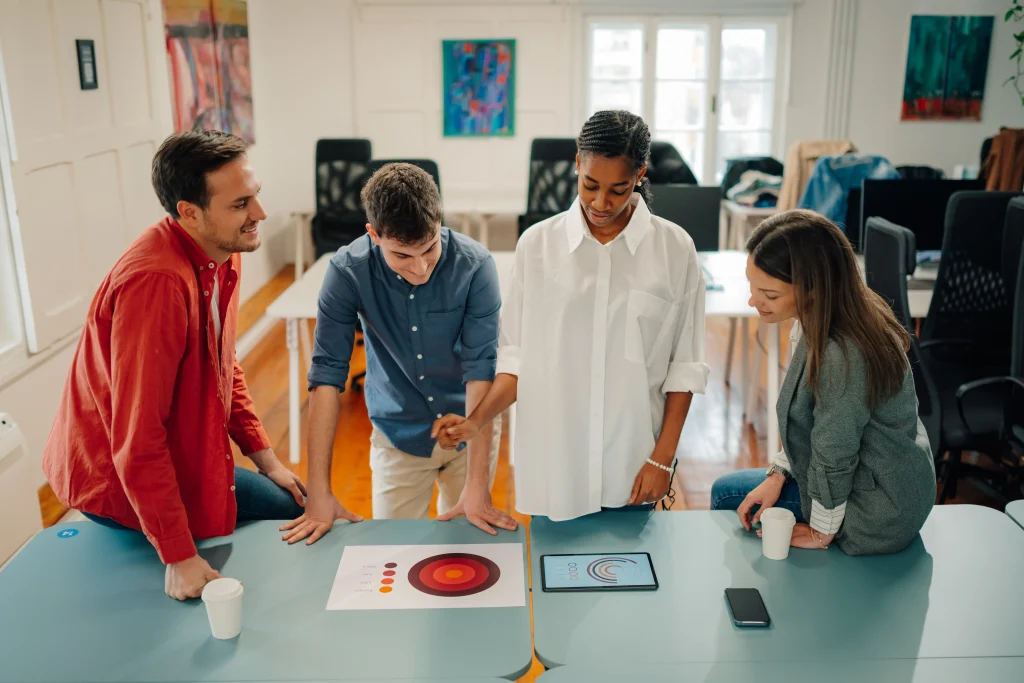For early-career researchers working across disciplines and countries, finding tailored guidance can be a challenge. In this blog, Laura Neuperdt shares how the EUPHAnxt Mentoring Programme offered her targeted support, fresh perspectives, and practical tools to strengthen her academic journey—with the help of her mentor, Linda Montanari.
Laura Neuperdt is a Research Associate at the Robert Koch Institute Berlin, Germany.
Linda Montanari is the principal Scientist, European Union Drugs Agency, Portugal.
My experience as a mentee with the EUPHAnxt Mentoring Programme
I participated in the second edition of the EUPHAnxt Mentoring Programme (2024/2025), which offers early-career public health professionals the opportunity to engage in structured mentoring with experienced experts from the field. I was pleased to be matched with Linda Montanari, whose professional background and expertise in public mental health aligned well with my academic interests.
In my current role as a research assistant at the Robert Koch Institute, I have contributed to a range of projects addressing both physical and mental health. Over time, I have become increasingly interested in exploring the association between the two, which made the mentoring exchange with Linda particularly relevant and constructive. Our conversations focused on career development and potential research directions.
Linda provided valuable feedback on how to refine my research ideas, especially in the context of international collaboration and interdisciplinary work. She also shared practical guidance on how to conduct efficient literature reviews, including strategies for integrating AI tools. A central topic of our exchange was the pathway towards a PhD. I found her perspective on managing the demands of doctoral studies particularly insightful. Drawing on her own experiences, she outlined common challenges and emphasized the importance of effective time and project management. This pragmatic view of academic work has influenced how I now approach long-term planning. We also discussed relevant training opportunities to support my academic development. Linda recommended several free programmes that could benefit me at this stage in my career. Another focus of our exchange was the preparation of application materials, including CV structure.
Overall, I consider the EUPHAnxt Mentoring Programme a valuable resource for early-career professionals in public health. It facilitates knowledge transfer, fosters cross-generational exchange, and promotes reflective career planning. I would recommend the programme to colleagues seeking to broaden their perspective beyond their immediate institutional environment. I am looking forward to continuing the exchange with members of the mentoring network, as well as meeting fellow participants at the workshop in the upcoming EPH Conference in Helsinki in November 2025.

Linda Montanari
Mentor

Laura Neuperdt
mentee




